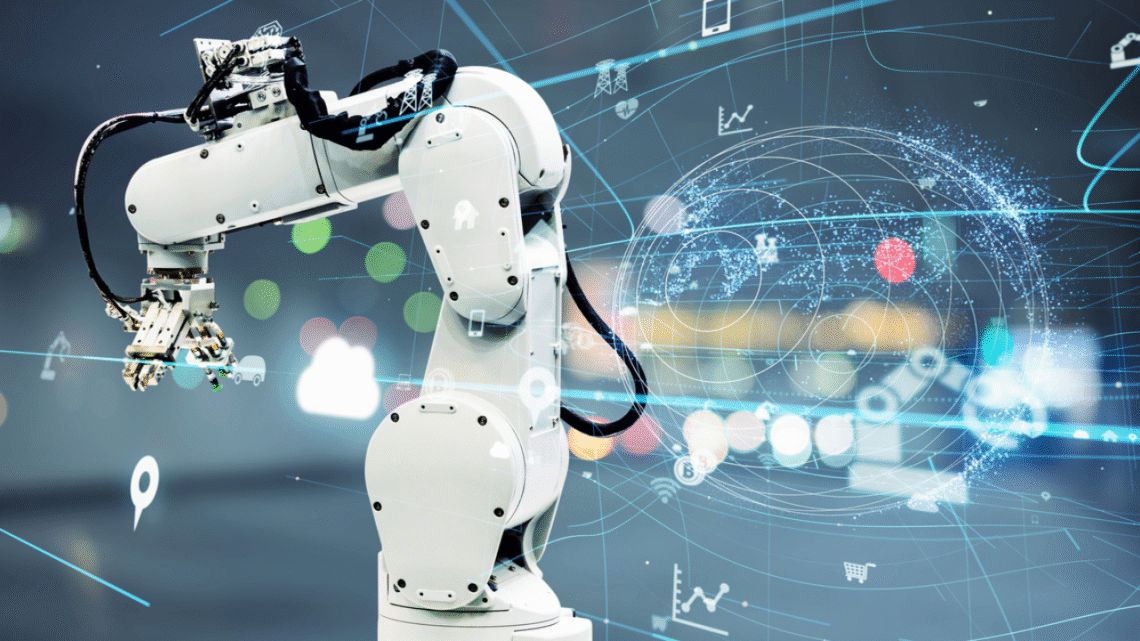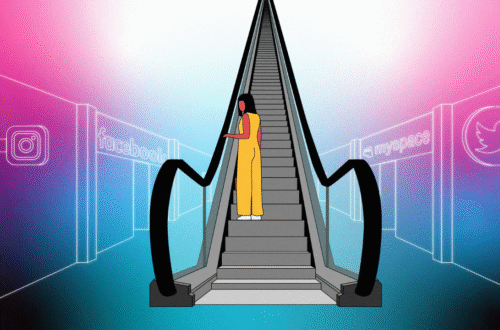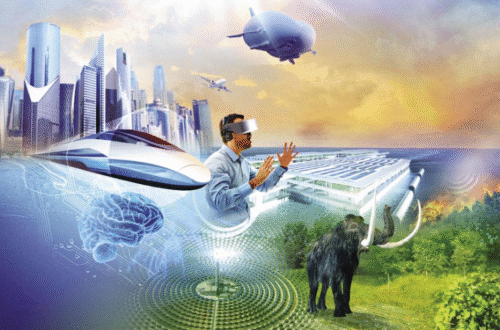The question of whether robots will replace human jobs has shifted from science fiction speculation to a real-world debate in boardrooms, factories, classrooms, and government halls. As automation, robotics, and artificial intelligence grow more advanced, the idea of machines replacing humans in the workforce is no longer hypothetical — it’s a visible shift happening across industries.
With 2040 just around the corner, many wonder: Will robots really take over human jobs? Or will technology create new roles that we haven’t even imagined yet?
This article explores what the future of work could look like as technology evolves, where robots are gaining ground, which human skills remain irreplaceable, and how society might adapt to the changes.
The Rise of Robots in the Workforce
Robots are not new. They’ve been used in manufacturing since the 1960s. But today’s robots are smarter, faster, cheaper, and more capable than ever before. Thanks to breakthroughs in artificial intelligence, machine learning, and sensor technology, robots can now do more than repetitive factory tasks — they can drive cars, assist with surgery, serve customers, and even write code.
Several industries are leading the way in robotic integration:
- Manufacturing: Assembly lines are now heavily automated, with machines doing welding, painting, packaging, and precision tasks with minimal human supervision.
- Logistics: Warehouses use robotic systems to pick, pack, and ship items with efficiency that far surpasses manual labor.
- Retail: Self-checkout kiosks, automated inventory systems, and chatbots are reducing the need for human staff.
- Health Care: Surgical robots assist doctors in complex procedures, and AI helps analyze scans, detect diseases, and manage patient data.
- Agriculture: Autonomous tractors, drones, and robotic harvesters are changing how food is produced.
Clearly, robots are becoming a central part of the workforce. But what does this mean for human workers?
Jobs at High Risk of Automation
Not all jobs are created equal when it comes to automation. Some roles are more vulnerable than others based on how routine and repetitive they are. According to studies from various economic think tanks, these job categories are most at risk:
- Transportation and Delivery: With self-driving vehicles becoming more advanced, jobs like truck drivers, taxi drivers, and delivery personnel are at risk.
- Manufacturing and Assembly: Many roles in factories can be automated entirely or assisted by robotics.
- Administrative Work: Data entry, record keeping, and basic financial processing can be handled by AI-driven software.
- Customer Service: Chatbots and virtual assistants are now capable of handling a large portion of customer interactions.
- Retail Cashiers: Self-service checkout and digital payment systems are replacing traditional cashier roles.
As machines get better at mimicking human behavior, even roles involving decision-making or language, such as legal research, journalism, and accounting, may see shifts.
Why Robots Won’t Replace Every Human Job
Despite these trends, it’s important to remember: robots cannot do everything. There are areas where human skills still far outshine machine capabilities, especially in:
1. Creativity
Jobs that require original thought, design, innovation, storytelling, and artistic expression are difficult to automate. Whether it’s a filmmaker, architect, writer, or fashion designer, creativity remains uniquely human.
2. Emotional Intelligence
Roles in psychology, therapy, education, social work, and healthcare rely heavily on empathy, human connection, and emotional understanding — areas where robots fall short.
3. Critical Thinking and Ethics
In fields such as law, diplomacy, or strategic planning, decisions involve complex moral and social dimensions. AI can offer data, but not wisdom.
4. Adaptability
Humans can think on their feet, solve unexpected problems, and learn in unpredictable environments. Robots need clear programming and are often rigid in new or changing situations.
5. Leadership
True leadership — the ability to inspire, guide, and build culture — is not easily programmed. While AI can analyze data, it cannot lead with vision and values.
Will Robots Replace Jobs or Redefine Them?
Here’s where the conversation gets more interesting. Automation doesn’t just eliminate jobs — it changes them. Throughout history, new technology has always created new roles while phasing out old ones.
When ATMs appeared, people thought bank tellers would vanish. Instead, banks hired more people to focus on customer service and financial advice. The internet eliminated some jobs but created entirely new industries like digital marketing, app development, and e-commerce.
The same will likely happen with robots. They will handle repetitive, dangerous, or time-consuming tasks, freeing humans to focus on what we do best: innovate, collaborate, create, and solve complex problems.
By 2040, job titles like “robotic ethicist,” “AI trainer,” “virtual world architect,” and “human-technology integration specialist” could be common.
How Can We Prepare for 2040?
The rise of robotics will demand a significant shift in how we approach work, education, and policy. Here’s how society can prepare:
1. Invest in Education and Reskilling
We need to rethink education systems to focus on creativity, critical thinking, and emotional intelligence — the very traits that machines struggle to replicate. Lifelong learning will become essential.
2. Promote Tech Literacy
Understanding how AI and robotics work will be vital for everyone, not just engineers. Workers across industries will need to adapt to hybrid roles where humans and machines collaborate.
3. Redesign Workplaces
Offices and job structures may need to change. Rather than seeing machines as replacements, companies can create environments where technology enhances human potential.
4. Support Workers Through Transition
Governments and companies must support workers displaced by automation with job training, unemployment safety nets, and new career paths.
5. Regulate Automation Responsibly
There should be ethical guidelines and policies ensuring that automation benefits society as a whole — not just corporations.
Could Universal Basic Income Be the Answer?
With automation displacing certain roles, the idea of Universal Basic Income (UBI) has gained traction. UBI is a system where citizens receive a fixed income from the government regardless of employment status.
Proponents argue that as robots increase productivity and reduce labor needs, wealth can be redistributed through UBI to ensure a minimum standard of living. Critics worry about cost and dependency.
By 2040, we may see pilot programs or full-scale UBI systems in response to job loss caused by automation.
Conclusion: A Future of Balance, Not Replacement
So, will robots replace human jobs by 2040? The answer is yes — some jobs will disappear. But new opportunities will also emerge. The real change won’t be about robots replacing humans, but about humans working alongside machines in smarter, more efficient, and more meaningful ways.
The future of work will likely be hybrid: part human, part machine. And that future will depend on how well we prepare today — through education, innovation, ethics, and empathy.Tech is future, and the future of work is not a world without humans, but a world where human strengths are amplified, not erased.
Keep an eye for more latest news & updates on TechIsFuture!





